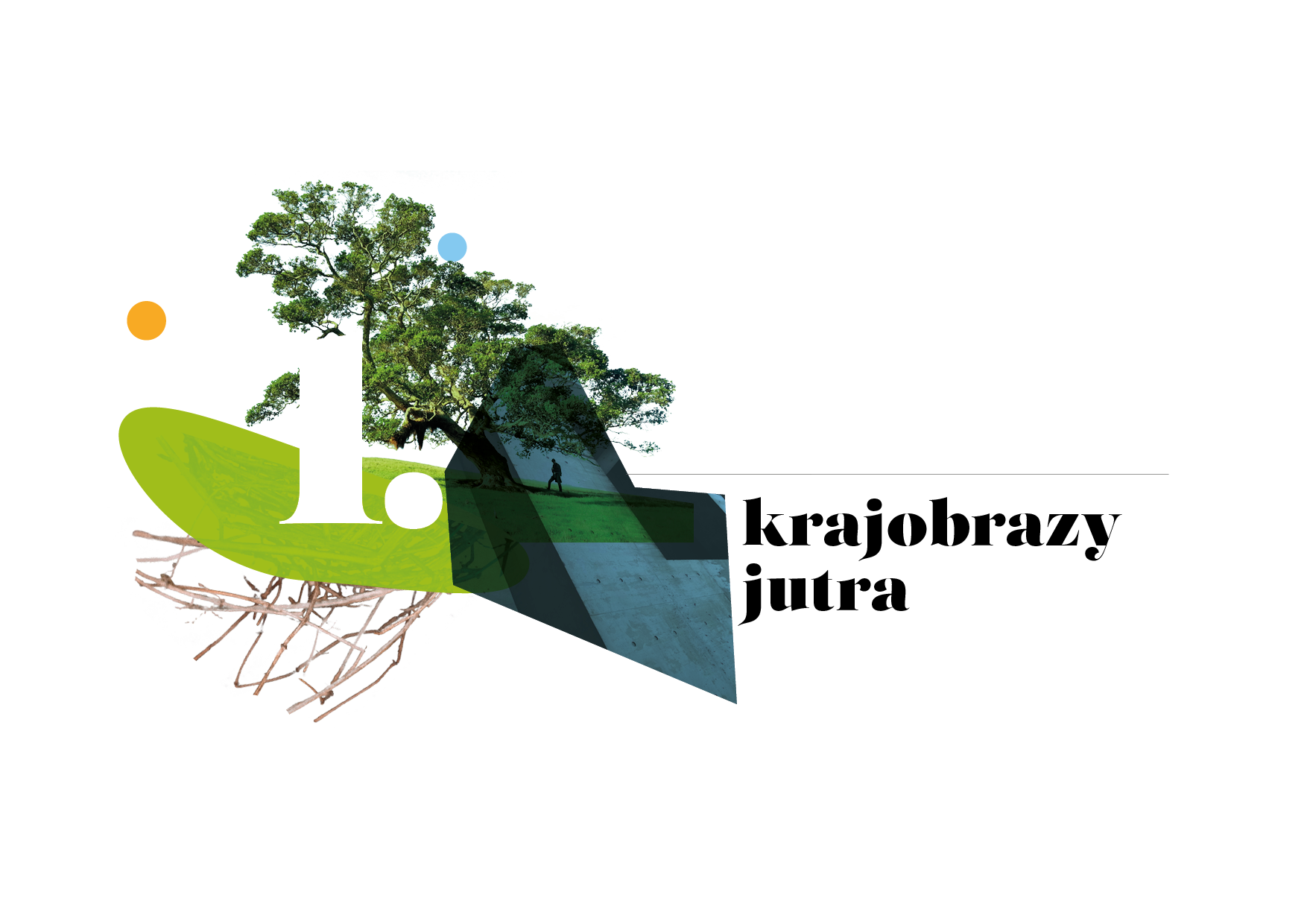Algorithms and artificial intelligence applications are being used in a rapidly growing number of solutions. The impact of algorithms on social inequality is one of the most pressing issues to study in this regard. The majority of scholars are interested in issues of algorithm fairness and bias. Few researchers pay attention to the stratification resulting from different people using different algorithms. However, the differences between algorithms are vast, some working in the user’s favor, others exploiting the user’s weaknesses. In this talk, I will show the divide and inequality resulting from these differences. I will demonstrate how to study algorithms, avoid the risks associated with the development of artificial intelligence, and the consequences for what sort of algorithm control we need as a society.
The new divide. How artificial intelligence algorithms help some people become superhumans while amplifying the weaknesses of others
Sesje semi-plenarne
Sympozja
Algorithms, artificial intelligence & beyond: theorising society and culture of the 21st century
Wystąpienia
Dominik BatorskiBeyond controversy: why we need a Durkheium Test for artificial intelligence today
Noortje MarresMay AI be with you: Automation after Amazon
Anthony ElliottE-miejskość, czyli o wyzwaniach rozwoju technologii w kontekście polityki miejskiej i jakości życia
Anna DomaradzkaMiasta – strategiczne tereny rekonfiguracji (i badania) „normalności” życia codziennego
Marta Smagacz-Poziemska Adam Czarnecki Jakub KronenbergBiotop Lechnica – post-dzikość i ekologia pokrewieństwa
Anna Nacher , Marek StyczyńskiKrajobrazy jutra – przestrzeń interakcji pomiędzy ludźmi a dziką przyrodą
Krzysztof NiedziałkowskiKrajobrazy jutra synchronicznej urbanizacji
Katarzyna Kajdanek
